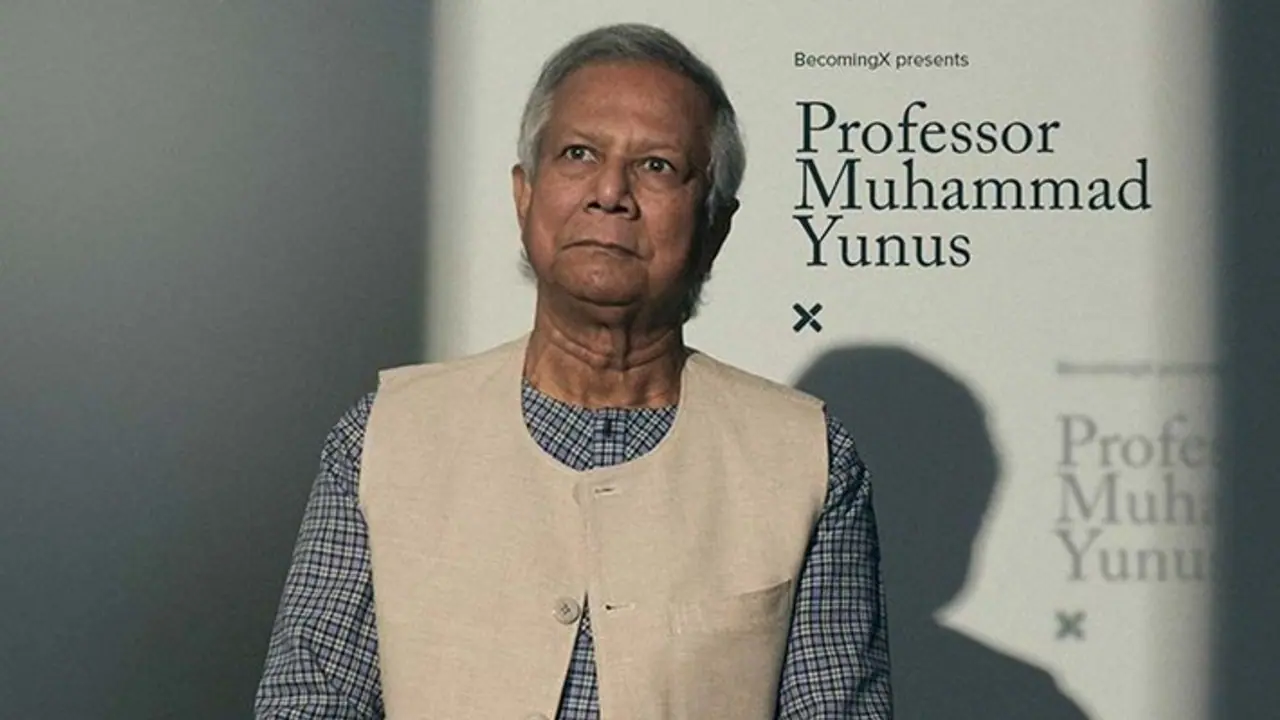Muhammad Yunus's controversial remark that Bangladesh is "the only guardian of the ocean" for India's northeastern states has sparked widespread outrage. His comments, challenging India's sovereignty and endorsing Chinese economic expansion, have drawn sharp criticism.
Bangladesh’s interim government head, Muhammad Yunus, has triggered controversy with his provocative claim that Bangladesh is the "only guardian of the ocean" for India's landlocked northeastern states, commonly known as the Seven Sisters. His remarks, which downplay India's infrastructure and strategic autonomy, have sparked sharp reactions from Indian policymakers.

Yunus further raised eyebrows by suggesting that Northeast India should be integrated into the Chinese economy, a statement that comes at a time of heightened India-China tensions. His call for using Nepal and Bhutan's hydropower resources for Bangladesh's industrial benefit has also drawn criticism.
Also read: Waqf bill set for April 2 introduction in Lok Sabha, govt to hold talks with INDIA bloc leaders
Yunus asserted that India’s northeastern states lack direct access to the ocean and depend solely on Bangladesh for maritime trade.
"Seven states of India, the eastern part called the Seven Sisters, they are a landlocked region. They have no way to reach out to the ocean. We are the only guardians of the ocean for all this region," Yunus said.
However, his remarks completely ignore India's extensive investments in connectivity projects, such as the Kaladan Multi-Modal Transit Transport Project, aimed at providing direct maritime access to the region. India has also been strengthening its infrastructure under the Act East Policy, enhancing road and rail links with Myanmar and Southeast Asia.
Yunus’s speech became even more contentious when he proposed that Northeast India should function as an “extension of the Chinese economy.”
"So this could be an extension of the Chinese economy—build things, produce things, market things, bring things to China, bring it to the rest of the world. That’s a production house, that is the opportunity we should seize and implement and get it done," he said.
Also read: AI can PREDICT your heart's 'real' age! And it could save your life
This direct endorsement of Chinese economic expansion has raised serious concerns, especially as India works to counter China’s aggression along the Line of Actual Control (LAC). Critics argue that Yunus’s remarks align with Beijing’s strategic interests rather than fostering genuine regional cooperation.
Indian economist and Economic Advisory Council member Sanjeev Sanyal reacted sharply to Yunus’s comments, questioning their significance.
"Interesting that Yunus is making a public appeal to the Chinese on the basis that seven states in India are landlocked. China is welcome to invest in Bangladesh, but what exactly is the significance of 7 Indian states being landlocked?" Sanyal asked.
His response highlights the disconnect between Yunus’s claims and the reality of India’s growing economic and strategic independence in the Northeast.
Yunus also pushed for Nepal and Bhutan’s hydropower resources to be harnessed for Bangladesh’s industrial growth, describing them as a “blessing” that should be used to “set up factories.”
This has raised concerns that Bangladesh may be seeking disproportionate control over regional energy resources while downplaying India’s role in energy cooperation with its neighbors.
Also read: Haldiram's confirms selling stake to International Holding Company and Alpha Wave Global
Yunus’s remarks come at a time when India is actively working to strengthen regional partnerships and counter Chinese influence. His narrative of dependency challenges India’s sovereignty over its Northeast and ignores the country’s extensive connectivity and trade initiatives.
With rising geopolitical tensions in the region, Yunus’s statements are likely to add fuel to existing debates on India’s Northeast policy and foreign influence in South Asia.
